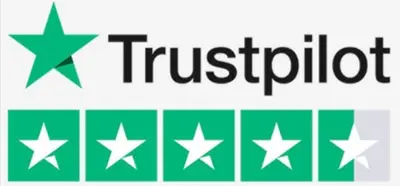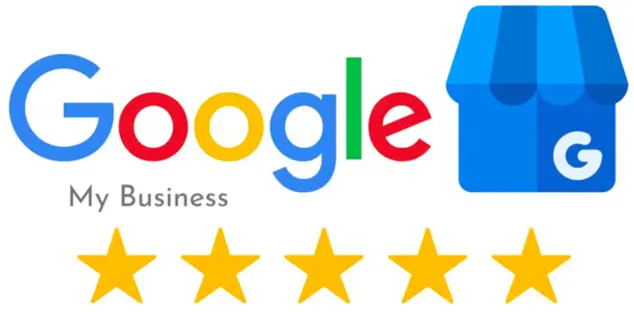Last updated on November 29th, 2024 at 02:51 pm
The world of finance has undergone a transformative revolution with the advent of decentralized finance (DeFi) platforms like OOKI, which are challenging conventional financial systems. This significant shift has been made possible by the rise of blockchain technology, introducing a new era of finance characterized by transparency, accessibility, and decentralization. In this article, we delve into a comprehensive analysis of the key distinctions between OOKI, and traditional finance, shedding light on how this groundbreaking paradigm shift is fundamentally reshaping the financial landscape, offering unprecedented opportunities and altering the way we perceive and engage with financial services. Trading platforms like ImmediateFortune provide traders with the tools they need to execute trades and monitor the markets in real-time.
What is OOKI?
OOKI is a cutting-edge DeFi platform that operates on the blockchain, utilizing smart contracts to enable peer-to-peer financial services without intermediaries. Unlike traditional financial institutions, OOKI empowers individuals with control over their assets, eliminating the need for banks, brokers, or other intermediaries. This platform is powered by a decentralized network of nodes, ensuring trust, security, and censorship resistance.
The Emergence of DeFi
Traditional finance has long been the dominant model for managing and distributing wealth. However, the financial crisis of 2008 exposed the vulnerabilities and limitations of this centralized system. In response, the concept of DeFi emerged, aiming to create a more inclusive and transparent financial ecosystem.
Decentralization and Trustlessness
One of the fundamental differences between OOKI and traditional finance is the concept of decentralization. In traditional finance, financial transactions and data are centralized within banks and institutions, making them susceptible to single points of failure and potential security breaches. On the other hand, OOKI operates on a decentralized network, where transactions are verified by multiple nodes, ensuring trust and reliability without a central authority.
Accessibility and Inclusion
Traditional financial systems have imposed barriers to entry for many individuals, particularly in underserved regions and developing countries. Oftentimes, people find it challenging to access basic financial services, hindering their financial growth. OOKI eliminates these barriers by providing anyone with an internet connection the ability to participate in financial activities, such as lending, borrowing, and staking, all without the need for a bank account.
Transparency and Immutability
OOKI leverages the immutable nature of blockchain technology, ensuring that all transactions and smart contracts are publicly recorded and accessible for auditing purposes. This transparency enhances accountability and minimizes the risk of fraudulent activities. In contrast, traditional finance often lacks this level of transparency, making it difficult to trace the flow of funds.
Empowering Financial Freedom
In the traditional financial system, individuals are required to trust third-party intermediaries to manage their assets. This reliance on intermediaries can lead to various issues, including high fees, limited control over funds, and delays in transaction processing. OOKI empowers users by enabling them to be their own custodians, giving them complete control and ownership of their assets through secure private keys.
The Role of Smart Contracts
Smart contracts are the backbone of DeFi platforms like OOKI. These self-executing contracts automatically execute predefined conditions without the need for intermediaries. This feature eliminates the potential for human error and ensures the execution of agreements without delays. Moreover, smart contracts bring efficiency and cost-effectiveness to financial operations.
Risks and Security Measures
While OOKI and DeFi offer numerous advantages, it is crucial to address potential risks. Smart contracts, though secure, can still be susceptible to vulnerabilities if not audited thoroughly. Additionally, the rapidly evolving DeFi landscape requires users to stay vigilant and informed about potential scams and security breaches. OOKI and its community continuously work to enhance security measures and conduct regular audits to mitigate risks.
Regulatory Landscape
Traditional finance operates within an established regulatory framework that varies across different countries and regions. On the other hand, the decentralized nature of OOKI and DeFi platforms poses challenges for regulators, as they strive to strike a balance between innovation and consumer protection. As the DeFi space continues to grow, it is expected that regulatory clarity will evolve to accommodate this new financial paradigm.
Conclusion
In conclusion, the rise of OOKI and the broader DeFi movement represents a paradigm shift in the financial world. This disruptive technology offers transparency, accessibility, and autonomy to users, challenging the traditional financial systems that have long been entrenched. As OOKI and DeFi gain traction, it is crucial for individuals to educate themselves about the risks and benefits associated with these platforms.

